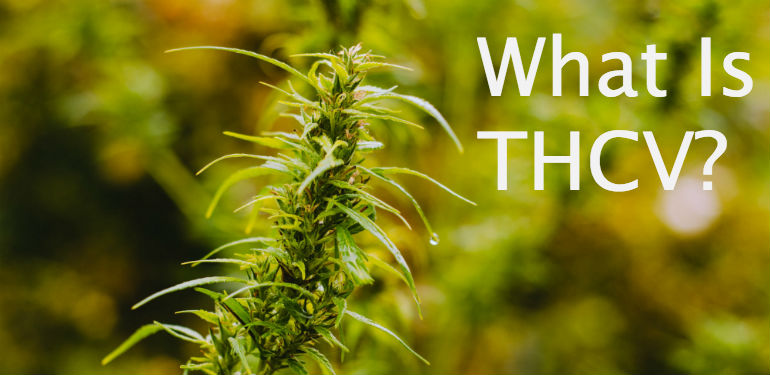Tetrahydrocannabivarin (THCV) is a cannabinoid substance discovered in marijuana and hemp plants. It's chemically similar to tetrahydrocannabinol (THC) however with some key distinctions. Here's everything you require to learn about THCV consisting of the threats, advantages, distinctions, and resemblances with other forms of THC and more. What Is THCV? THCV is a less common cannabinoid discovered in some strains of cannabis, specifically African sativa.
 THCV The Benefits of The Little-Known Cannabinoid
THCV The Benefits of The Little-Known Cannabinoid
 THCV The Benefits of The Little-Known Cannabinoid
THCV The Benefits of The Little-Known Cannabinoid
 THCV: Everything You Need to Know CannaMD
THCV: Everything You Need to Know CannaMD
THCV has a 3-carbon side chain rather than THC's 5-carbon side chain. This difference is subtle, however it has a noticeable effect on the effect profile. THCV is rather psychoactive but only about and about. What Does THCV Feel Like? THCV has a strong energy-boosting part to it, which makes it particularly popular among students and athletes.
In the United States, THCV policy You can find out more is nuanced. THCV is not a Schedule I Drug, however cannabis extracts are making it rather uncertain what the federal position is on THCV. The 2018 Farm Costs mentions that hemp plants and all derivatives of the plants are legal on a federal level, how to extract thcv so lots of business abide by this law and still supply THCV to customers by only extracting the compound from hemp plants.
If THCV is thought about a THC analog, it might be controlled in the future by the very same rules as THC under the Federal Analog Act. This act states that any substance that shares a comparable molecular profile as a recognized restricted substance it's consisted of in the same drug Schedule classification.
What Are the Great post to read Impacts of THCV? Advocates of THCV report that it produces an extreme burst of energy and makes them feel blissful without the psychological cloudiness caused by THC. The impacts are super mild compared to THC. The results are nearly exclusively cognitive yet in some way have very little influence on headspace.
2. THCV & Hunger Some THCV users declare that it curbs their hunger. This is a common impact of other focus-enhancing compounds. It's as though THCV gets rid of the diversion of other bodily processes (like cravings) in order to maintain resources and attention to cognitive jobs instead. How Does THCV Work? Cannabinoids produce biological effects in the body by communicating with endocannabinoid receptors.
CB1 receptors lie in the nerve system and communicate with neurotransmitters in the brain to produce mind-altering impacts. Interaction with CB1 sites is what gives some cannabinoids like THC their psychoactivity. THCV is a bit tricky to understand because it's mainly a CB1 antagonist, indicating it has the opposite result as THC.
While researchers are still looking for to understand this procedure, it appears THCV has the ability to block the impacts of CB1 in low doses and stimulate them in high dosages. CB2 receptors are found mostly in the immune system. THCV is a partial agonist of CB2, but the effects of this partial activity aren't well-known, and it seemingly has no discernible impact on THCV users' experience.
As pointed out in the previous area, THCV is a CB1 villain in low doses which is the exact opposite result of delta 8 and delta 9 THC. This might indicate that THCV counteracts a few of the psychedelic results of THC. This result might describe why individuals who use THCV feel so clear-headed especially compared to the infamous "fogginess" induced by delta 9 THC.